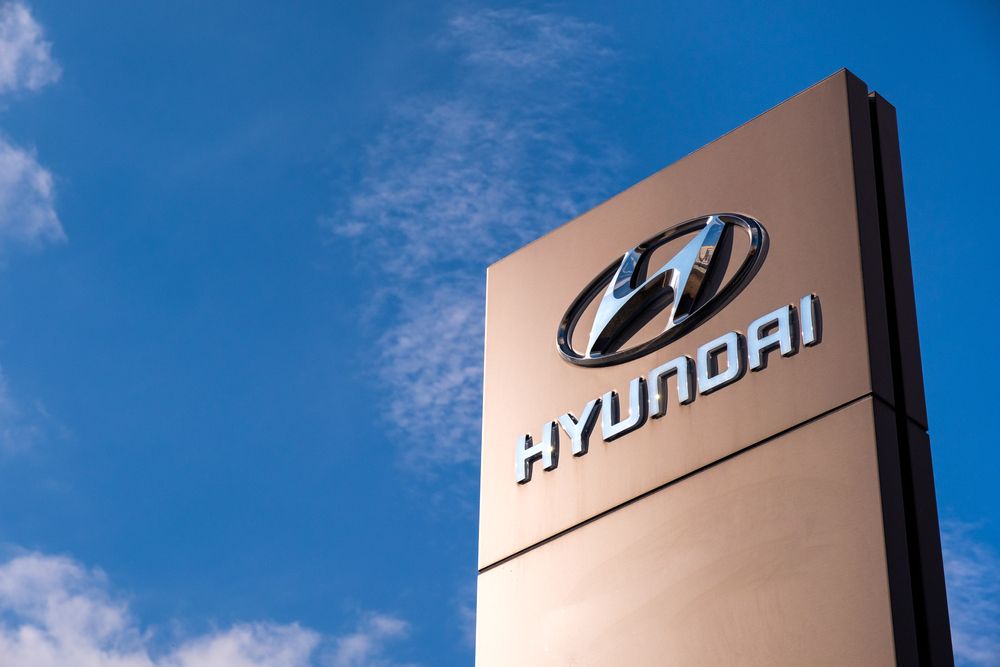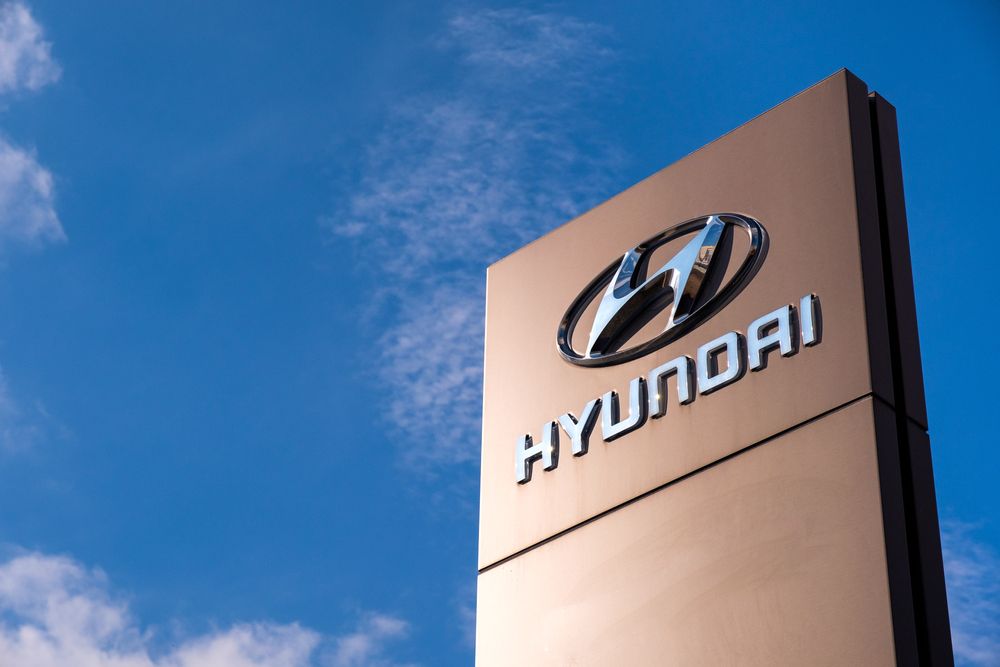Hyundai Fined $19 Million for Credit Reporting Failures


Hyundai is being ordered to pay $19 million for providing inaccurate information to credit reporting agencies and failing to correct errors when consumers complained.
“Hyundai illegally tarnished credit reports for millions of borrowers, including by falsely reporting them to credit reporting companies as being delinquent on their loans and leases,” said Rohit Chopra, director of the Consumer Finance Protection Bureau (CFPB). “Loan servicers must be complete and accurate when furnishing information that affects a borrower’s credit report.”
The CFPB said Hyundai used manual and outdated systems, processes, and procedures to furnish credit reporting information—which led to widespread inaccuracies—and resulted in negative inaccurate information being placed on consumers’ credit reports through no fault of their own.
In total, the CFPB found that Hyundai furnished inaccurate information in more than 8.7 million instances on more than 2.2 million consumer accounts during that period.
The order requires Hyundai to take steps to prevent future violations and to pay more than $19 million, including $13.2 million in redress to affected consumers who were inaccurately reported as delinquent and a $6 million civil money penalty, making this the CFPB’s largest Fair Credit Reporting Act case against an auto servicer.
Contracts from 1,600 dealers
Hyundai Motor Group is a major global automaker based in Seoul, South Korea. Its U.S. automotive finance subsidiary, Hyundai Capital America, purchases and services retail installment contracts and vehicle leases originated by 1,600 Hyundai, Kia, and Genesis dealerships.
As one of the largest furnishers of automotive finance account information in the U.S., Hyundai’s credit reporting practices have a major impact on the credit scores of millions of Americans. The company currently services approximately 1.7 million customers through its retail loans and leases and has over $45 billion of reported assets as of 2021.
The CFPB said it received many consumer complaints that Hyundai inaccurately reported account information to credit reporting companies. In its investigation, the CFPB found that Hyundai repeatedly provided inaccurate credit report information about consumer payments on loans and leases that Hyundai purchased and serviced.
In many cases, Hyundai allegedly knew it was providing inaccurate information and failed to take reasonable measures to address the inaccuracies. Hyundai identified many of the issues causing these inaccuracies in its internal audits, but still took years to address the problems.
When Hyundai furnished inaccurate negative consumer information, it sometimes led to lower credit scores and may have negatively affected consumers’ access to credit. The CFPB concluded that Hyundai’s use of ineffective manual processes and systems to furnish consumer information was unfair in violation of the Consumer Financial Protection Act (CFPA).
Americans owe $1.4 trillion in auto loans, making it the third largest consumer credit market. The CFPB projects that the average auto loan size will increase, given the recent dislocations in the global automotive supply chain and the resulting increases in the cost of automobiles.
